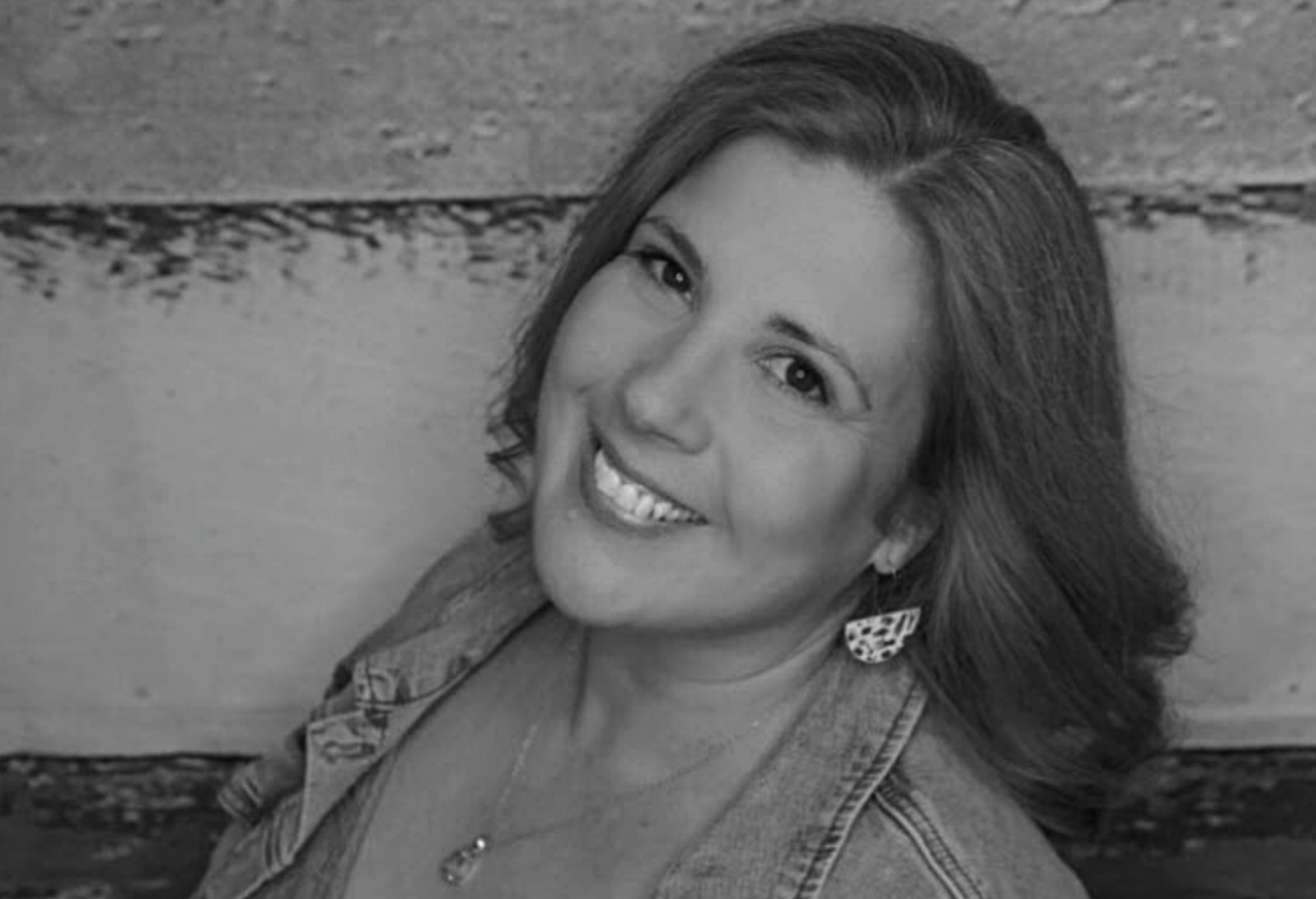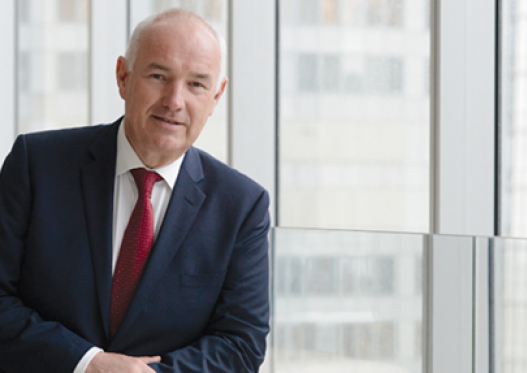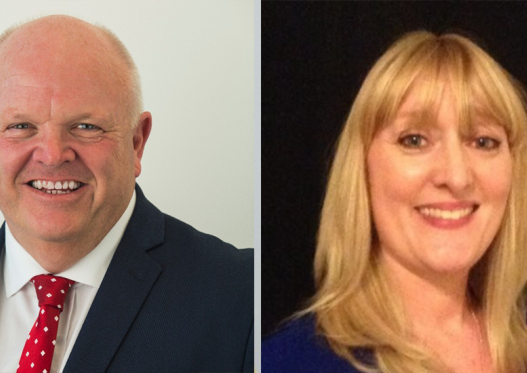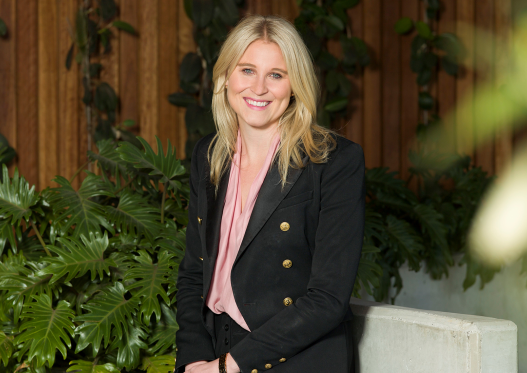Increasing demand from clients for financial advice tailored to climate change has led to a rush to upskill.
Ethical Advisers’ Co-op board member Alexandra Brown, who works as a consultant for advisers, says the amount of interest is going through the roof.
“The fact that 86% of Australians think it's important that their financial adviser ask them about their preferences is a really telling statistic,” Alexandra says.
“People do want their adviser to ask them about these issues.
“But there's a lot of advisers out there who are just starting now to get questions from clients, particularly around things like climate change.
"The concern is around the risks around climate change and how exposed their portfolios are.
“It's not just adviser driven. It's now more client driven and advisors, are working out how to respond to that too.”
Noting the guidance from APRA, ASIC, and the RBA, all saying financial institutions need to consider and disclose climate change risk, Alexandra adds: “Whether an adviser considers it from the values perspective or a risk or regulation perspective, either way, it's going to be the norm.”
As a consultant and educator of many advisers, Alexandra can see the increasing interest in ethical investing and sustainability in financial advice.
“It's definitely tangible, not just from conversations, but on social networks for advisers,” says Alexandra.
“There's an increase in the questions about ethical investing and an increase in comments like 'My clients have just started asking this,' or 'I'm looking at getting into ethical advice, how do I discuss ethical and responsible investing with my clients?' What is ethical anyway?
“I've watched that grow significantly.”
Alexandra, who is speaking at the Responsible Investment Association Australasia conference about the client interview process, went on to detail some of the questioning used to deduce how green clients want their portfolios.
Questions around caged eggs versus free range, or whether they prefer to donate to animal welfare or social causes elicit how ESG-focused the client is.
But what is behind the surge that is turning ethical advice into the new norm?
Alexandra says guidance from financial regulators and consumer demand driven by the globalisation of information is key.
“It's shared information, it's at their fingertips. People are more aware. Millennials drive it. They’re often purpose driven and now becoming recipients of inheritance from baby boomers. A combination of purpose and more money is helping to drive growth,” says Alexandra who runs a program to upskill advisers taking them from the very basics of ESG issues to researching funds and how to incorporate shareholder advocacy with clients.
As part of that, they learn about techniques that are used, 'from ESG integration to negative screening, to impact, to engagement and advocacy.
Once the advisers understand those techniques, they ask clients about the issues that matter most to them, and match ethical investment products with their client’s values and beliefs.
“We combine a responsible investment framework with each client’s ethical preferences. So it's actually unique to every single client,” Alexandra explains.
Click here to see our upcoming events.









